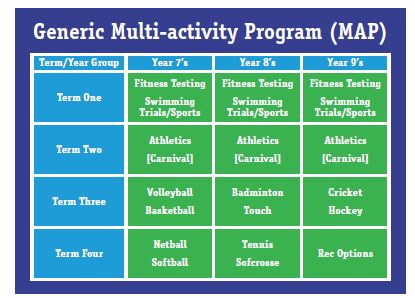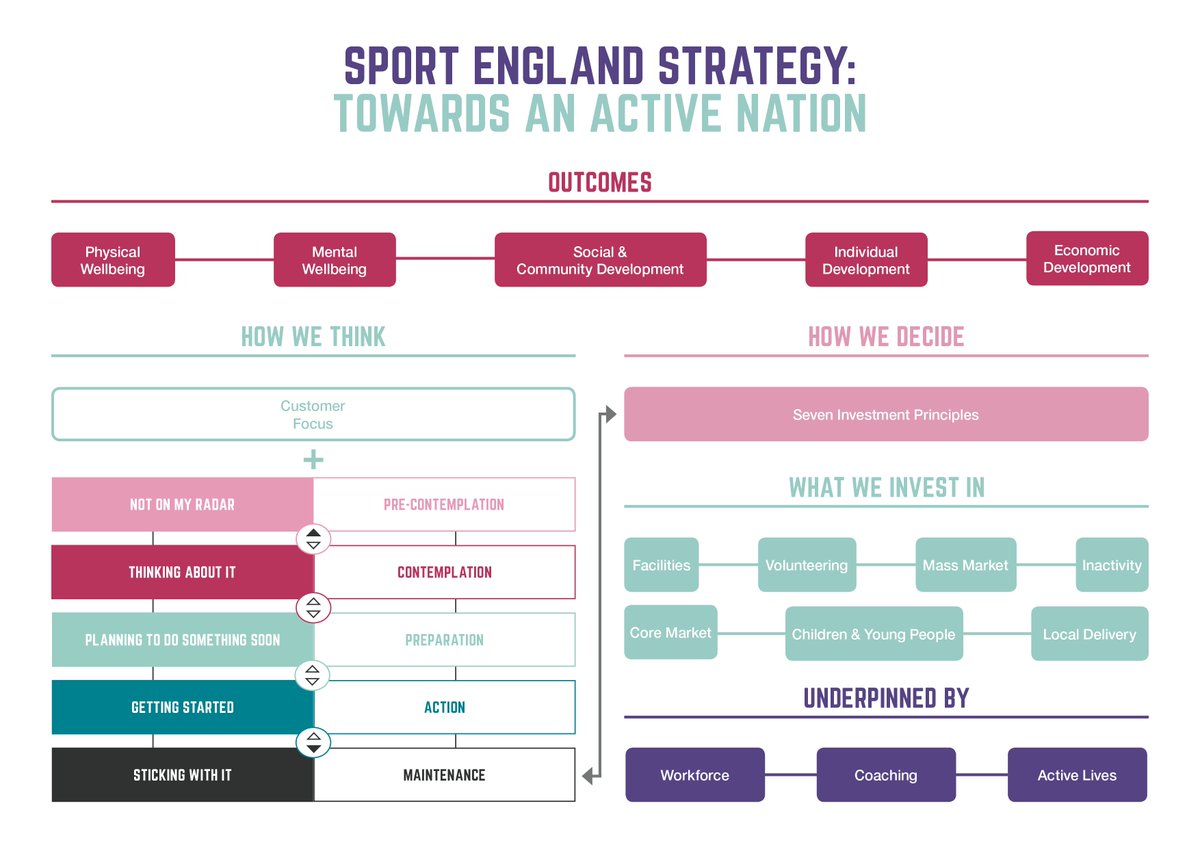
"Please, don't make systems work for people, because this is [...] everything that's wrong with the sector. Making stuff work for others. Help people discover & steer and own their own pathways for a change" 😍
Well said, @ChristianSeelos & @NewSystemAlly
Well said, @ChristianSeelos & @NewSystemAlly
What's brought me here? "the realisation that the disadvantage, the injustice, the unfairness we see around us is actually in part caused by the systems that we have seeking to address those issues" - @BethWatts494 - respecting that people sustain systems with good intentions!
"[..] the difficulty we face is the professionalisation of our sector [fueling] obsession with solutions rather than problems. And [...] the more we are driving on the solution side, the more pressure we relieve from the systems that give rise to the problems to change them" - CS
"If workers don't feel that they can be system changers, if they can be themselves at work [..] then how on earth can they activate system change themselves? They can only become actors in a system that doesn't work" - @CharlotWaite on institutions not sitting with uncertainty 🤔
"Yeah, & paralysed in that system [&] overwhelmed by the shame associated with being stuck & contributing [&] it becomes too much, which [is] why it's really important [to] talk about it in movement terms [&] shifting, cultural perspective, as well as systems" - @Jendaffin 😍
1 of 2 from @ChristianSeelos: "we now need so many innovations to fix the unintended consequences of past innovation [but] we cannot win the rat race of innovation & solutions [&] I think we, we need to start becoming humble again, and making incrementalism sexy" #becausehuman
2/2: "Can we make boring organisations sexy? Because I love boring organisations who just know what they're doing [&] you only get there through incrementalism. If you make jumps [&] innovate all the time, you're dead [So] for me, this is the paradigm shift the incrementalist" 🥰
"They are sort of awash with the latest intervention, the latest innovation, the thing that will save the most children, & really what they need [is] permission to fail safely, to not be humiliated if they come alongside families & try and work [in] community oriented ways" - CW
"it's the mindset [&] creating the space within the current systems for that thinking [&] for that way of being. That does mean [...] inviting other people into that space & handing over & thinking about how is power manifesting & who has access to that & all of those things" JD
"For most things that we've designed incremental change, it's too late. They've been [...] underperforming for too long [...] if you need to change an organisation that is stuck, or an education system that's been stuck for too long, incremental change is not going to do it" - CS
"Meaningful incremental change is acknowledging that maybe these things aren't the answer [&] being honest about the fact that we may still need them during a transition, but being honest that they're not ideal. We need [x] right now. But this is not what we are aiming for" - BW
"We have humility about what the endpoint might be, but we're pretty sure it doesn't involve [x or y, where] people's needs really don't get served in a very fundamental way. And you know, trying to shrink the overall stock & ramp up something we think works more" @BethWatts494
"Having humility about the outcome is probably one of the most riskiest positions in the current paradigm for any local authority, for any leader. To be able to stick your neck out there & say, we realise this is a temporary position [...] we just can't shift towards there" - CW
"There isn't space for reflecting & there isn't space to own where it's gone wrong. And there's a lot of this stuff that I think gets in the way. Built up shame doesn't allow relationships & cross sector working to occur and it doesn't allow solutions to be properly sought" - JD
"We need [to] have those honest conversations & to be there & say 'I don't know where this is gonna go. I don't know if we're going to get the right answer, but we're going to try.' I don't think we're really good at that because there's shame [..] attached to that if we fail" JD
"Elite level, top down government change informed by good social science can be one way you get some of that oomph [&] it can be something that prompts [a] bigger, incremental, meaningful change [...] central government can achieve change in a way that no other actor can" - BW 👀
"The kind of Central central government we're talking about here is a legally enforceable right to something material that is enforceable through the courts [&] that that is a particularly powerful kind of room that other organisations [have] to reorganise themselves around" - BW
"If you have organisation where you feel like you belong, where you feel trusted, where you feel like you've got a purpose, where you feel safe, where you feel connected and cared for, you will be, like, 1,000% more likely to behave in that way towards the world" - @CharlotWaite
"We have had a government that has brought different language to our sector saying, actually, you can behave like this. And that creates activism in workers to be different [...] Those kinds of behaviours really are radical change to me, because people feel like people" - CW 👀
"Power has been brought closer to people. And maybe that's what's making the difference is that the closer you bring that power to people, the more of a relational interaction you can have, the more closer you can get to a truth, the better the back and forth" - @Jendaffin 👀
"I've seen people move from a traditional, maybe behavioural based approach to a relationships informed approach [& if] you've got [psychological safety], & you feel comfortable in that, you've got trust, and that allows you to be creative to be more free to do those things" - JD
"Permission came from a different set of community members who changed how they behaved together" & "I really think there are ways in which we can blend personal & professional that don't require governments They just require relationships that would enable change" @CharlotWaite
"[Could we] have an agreement of what we actually mean when we talk about systems or systems change? Because we treat it as if we all share the same mental model when we use this language. And I think this is one of the things that is holding us back" - @ChristianSeelos
"One of my own interests is in how particular groups of people can use types of language, particularly around values that makes sense to them, but may alienate others [..] I like a language of rights [but] I also worry that it [means] a whole set of other things to [others]" - BW
"In living & doing the thing, you need to be helping people make sense of it. And you need to help others understand what it is that you're doing. So [...] helping people understand the story, & sharing your story is really key to that [...] alongside role modelling" - @Jendaffin
"We are modelling the kind of safe to fail stuff [&] trying really hard to have humility about that [...] we're not saying that we're right & any of you who don't jump on a bandwagon, you're wrong [...] learning from each other, but also to try and be really creative about it" CW
"Egypt the system is way beyond anyone's control, or knowledge, or resources to fundamentally change it [So] they created [a] showcase of what Egypt could look like [if] someone just made smart decisions, & helped people to relate with each other in new ways" - @ChristianSeelos
"There was Ian McKellen & Stonewall walking into Downing Street to talk to John Major [&] there was Peter Tatchell trying to arrest George Carey. So there were these radically different understandings of how to bring about change, but actually, it required both at the time" - JC
"If there's obvious resistance, it enables people to self select. It unearths the potential for change [..] If you can allow & enable tension in a semi-controlled way, that very often creates tremendous creativity & tremendous change. But there is a tendency to suppress variants.
"I think the general idea is we don't have to agree on everything to agree on something we should do now, you know, which I think is very powerful. & I worry sometimes about the emphasis on consensus in participatory or co-production type environments, for that exact reason" - BW
"We're all so fired up by this agenda, which is great, and I hope it lasts, and I hope it stays that way. But I definitely think we need to stay on the side of humility rather than evangelism. And that is a very tough ask when the stakes are so high" - @BethWatts494
"I think there are huge parallels with the rights civil rights movements of other areas that haven't come to these things yet [...] if we could build & grow [like] those movements did in the past, that [...] could bring a lot of good things for a lot of people" - @Jendaffin
"So this isn't us going here's our mission, this is the answer, come and join us. It's about holding spaces for some of those purpose conversations [and] recognising [...] the answer isn't written yet, and that we're here to create it together" - @CharlotWaite @NewSystemAlly 🙏🏽
"I think the real bottleneck in the social sector is finding enough people who really care about a community or an individual or something rather than just trying to prove how smart & how successful successful they are" - Finding? Or helping ordinary people show up in this way?
• • •
Missing some Tweet in this thread? You can try to
force a refresh


![[...] to help girls [...] fall in love with our game at a yo](https://pbs.twimg.com/media/ElvpF7KWkAc3OKQ.jpg)
![[...] 90% of schools (primary/secondary) in England to be pa](https://pbs.twimg.com/media/ElvpIZlXgAYSvLw.jpg)
![[...] 90% of schools (primary/secondary) in England to be pa](https://pbs.twimg.com/media/ElvpJ07XYAA2cgC.jpg)


![[...] a musician exemplifies wayfinding by emotionally engag](https://pbs.twimg.com/media/Elm6oHRXUAIjr1c.png)



